Best Backpacking Trowel & Ultralight Hiking Shovel 2024
Last Updated: March 3, 2024
How To Choose The Best Backpacking Trowel For Cathole Digging
When choosing the best backpacking trowel for your cathole digging needs, we recommend focusing on ultralight models. While some trowels are better than others, most will get job done just fine, no matter how small and weightless. The average backpacking shovel in this buyer’s guide costs $24, weighs .7 oz, is 7.2″ in length, and should serve you well on 95% of terrain.
Our backpacking trowel recommendations are grounded in a mixture of backcountry testing, meta study, aggregate user review study, statistical analysis, and personal preferences. We have not tested every backpacking shovel in this guide but are confident that every model worth considering is listed below.
Jump ahead to read our buyer’s advice. And while you’re here, check out more accessory guides, such as headlamps, battery packs, dry bags, pillows, shoulder strap pockets, water bottle holders, and spoons.
You make Adventure Alan & Co possible. When purchasing through links on our site, we may earn an affiliate commission at no additional cost to you. Here’s why you can trust us.
Best Backpacking Shovel Quick Picks
- Best Trowel: BoglerCo Ultralight Trowel
- Next Best: QiWiz UL Gear Backpacking Cathole Trowel
- Best Selling: TheTentLab DirtSaw Deuce #2
- Top Pick: Vargo Titanium DigDig Tool
- Top Pick: Prairie Dog Shovel
- Top Pick: Apex Giant Dirt Diggler
- Handle Innovation: Suluk 46 Tark Titanium Hybrid
- Shape Innovation: PACT Outdoor Shovel
Best Backpacking Trowel Comparison Table
| Make/Model | Price ($) | Weight (oz) | Length (in) | Material |
| QiWiz Original | 29 | 0.4 | 6.0 | Titanium |
| BoglerCo Ultralight | 18 | 0.5 | 7.3 | Aluminum |
| TheTentLab DirtSaw Deuce #2 | 21 | 0.6 | 6.8 | Aluminum |
| Prairie Dog Shovel | 20 | 0.6 | 7.5 | Aluminum |
| Apex Giant Dirt Diggler, S | 22 | 0.6 | 6.5 | Aluminum |
| Suluk 46 Tark Ti Hybrid | 38 | 0.6 | 7.0 | Titanium |
| Vargo DigDig Tool | 25 | 1.2 | 8.1 | Titanium |
| PACT Outdoor Shovel | 20 | 1.3 | 8.0 | Aluminum |
The Best Backpacking Shovel Reviews
BoglerCo Ultralight Trowel
For an all-around blend of value, design, and high performance, we recommend the BoglerCo Ultralight trowel as our number one backpacking shovel! From its half ounce weight to extremely favorable user reviews; from the serrated edges to its plastic end cap for grip comfort, there is literally nothing to complain about. This is the clearly the best buy in the genre.
- Price: $18
- Weight: 0.5 oz
- Length: 7.3″
- Material: Aircraft-grade aluminum alloy
- Pros: Ultralight. Great value. Very effective. Plastic handle tip increases comfort. Highly rated. Serrated edges cut roots.
- Cons: Serrated edges can damage other gear while packed.
QiWiz UL Gear Backpacking Trowel
Our second second favorite backpacking trowel, and a total ultralight classic, is the QiWiz UL Gear Backpacking Cathole Digger. This might be one of the first titanium trowels to hit the market many moons ago. The “original” length is lightest weight model in our roundup at just 0.4 oz! While it is a one-piece design, the handle has a grip coating to improve functionality.
- Price: $29
- Weight: 0.4
- Length: 6.0″
- Material: Titanium
- Pros: Ultralight. Lightest weight trowel. Titanium is strongest metal. Grippy handle coating.
- Cons: Expensive. Short. Handle grip coating is first part to fail.
TheTentLab DirtSaw Deuce #2 Backpacking Shovel
Formerly Deuce of Spades, but now the DirtSaw Deuce thanks to the addition of dull serrated edges. The Deuce is a genre-defining backpacking trowel, and unquestionably the best selling model in our guide. There is also a larger “#3 model” but for we recommend the #2 because it’s lighter. And if you’re wondering, the two indented teeth on the scoop end are sharped root cutters that are recessed to prevent damage to trowel and/or other gear.
- Price: $21
- Weight: 0.6 oz
- Length: 6.8″
- Material: 7075-T6 aluminum
- Pros: Ultralight. Good price. Most widely distributed. Rounded serration works in hard dirt. Flared handle for sawing.
- Cons: Rounded serration is less effective at cutting roots.
Vargo Titanium DigDig Tool
Now here’s a unique design, the Vargo Titanium DigDig Tool. Made with Vargo’s signature titanium in a 1.2 ounce package, it’s likely the strongest, sturdiest backpacking trowel in our guide – but also one of the heaviest. The long narrow shape make it the best pry bar, and it’s also highly functional as a tent stake. It features the most serrated of all edges, making quick work of roots, but also most prone to damage surrounding gear when stowed, such as exterior mesh pockets.
- Price: $25
- Weight: 1.2 oz
- Length: 8.1
- Material: Titanium
- Pros: Lightweight. Titanium is strongest metal. Easily cuts roots. Good for prying, also tent stake.
- Cons: Sharp serrated edges can damage other gear while packed.
Prairie Dog Backpacking Shovel
The Prairie Dog is a high quality ultralight backpacking trowel for a good price. It is like a more conical version of the Deuce, minus the serrated edges. This makes it safer to store in your pack without risk of damaging surrounding mesh or fabrics, but worse at cutting through small roots. The holes traversing the length of this trowel create optionality to tie it onto a stick or trekking pole for increased digging leverage, though that doesn’t seem likely to come up very often.
- Price: $20
- Weight: 0.6 oz
- Length: 7.5″
- Material: 7075-T6 anodized aluminum
- Pros: Ultralight. Good value. Longer than average. Can be attached to a stick or trekking pole for extra leverage.
- Cons: Lack of serration makes cutting roots harder.
Apex Giant Dirt Diggler Ultralight Trowel
We like the Apex Giant Dirt Diggler as another competitor to the Deuce archetype – same weight price, materials, and overall design philosophy only no sharp edges to prevent damage to surrounding gear while stored in pack. The handle construction offers a nice wrap-around grip and it’s available in two sizes. Though we prefer the small, even the larger of the two still weighs less than an ounce.
- Price: $22
- Weight: 0.6 oz
- Length: 6.5 oz
- Material: High strength aluminum
- Pros: Ultralight. Good price. Does not damage surrounding gear.
- Cons: Lack of serration makes it harder to cut roots.
Suluk 46 Tark Titanium Hybrid Backpacking Shovel
We haven’t seen much going on in the world of trowel innovation lately, but the Suluk 46 Tark Hybrid is a backpacking trowel worth mentioning. This design incorporates aluminum bumpers along the handle of a titanium body backpacking shovel. The increased handle surface area improves grip comfort and strength, thus improving the overall digging capacity. The downsides, of course, are that it increases manufacturing costs making it far and away the most expensive model on the market.
- Price: $38
- Weight: .6
- Length: 7″
- Material: Titanium w/ aluminum handle grips
- Pros: Ultralight. Titanium is strongest metal. Hybrid handle improves grip.
- Cons: Most expensive by far. Multi-component design increases breakage potential.
PACT Outdoor Shovel
PACT is already shaping up to be a disruptor brand with their fungal decomposition kits, but their standalone Outdoor Shovel design also caught our attention. Unlike every other backpacking trowel, this model is cylindric, rather than scoop shaped, which significantly increases its strength. Ergo, it’s great at handling hard rocky soil, but rather poor at basic digging in loose sandy soil. It comes with plenty of features, like one serrated edge, and a palstic end cap for ease and comfort while exerting downward pressure. We also note that this backpacking shovel is heavier than average in the UL genre, and has not yet received mass market user approval.
- Price: $20
- Weight: 1.3 oz
- Length: 8.0″
- Material: Aluminum
- Pros: Lightweight. Good price. Cylindrical shape is very strong and easy to grip. Comes with 6″ marker line. Plastic end cap. Longer than average. Serrated edge cuts roots.
- Cons: Heavier than average. New-ish and not yet fully tested on the mass market. Serrated edge can damage surrounding gear when packed.
Best Backpacking Shovel Buyer Advice
The best backpacking trowel is an ultralight trowel
As trowels spend 99% of their time packed with one or two digging sessions per day, we believe that weight minimization is more important than functionality maximization. Optimize for what they do most – which is being stowed.
Furthermore, basically any backpacking trowel can get the job done with enough elbow grease, even smaller ultralight trowels weighing half an ounce. Therefore, we advise choosing smaller models, even when larger shovels with more scooping capacity are available. In the event that the ground is too hard/rooty/gravely for a dinky 6″ backpacking trowel, you can almost always get your hole started by pulling up a half buried rock or small log to achieve the desired depth.
While it’s nice to be able to dig faster, especially in the event of an “emergency,” you can always take care of your business with the hole that’s available ASAP, excavate a deeper hole immediately adjacent to your first hole, and then push the contents into the second hole with a rock or stick.
Don’t buy a cheap backpacking shovel from a knockoff brand on Amazon
In attempting to find a budget backpacking trowel, we discovered a lot of flimsy shovels and very little in the way of high quality designs. Stick to retailers like REI and Garage Grown Gear who source from reputable brands run by experienced backpackers who know what’s up.
Best backpacking trowel features to have
- Edge Serration: This feature is generally quite desirable because it makes cutting through roots and hard packed soil much easier. However, it does have a downside. Serrated edges are capable of damaging outdoor fabrics used to store them, such as exterior pocket mesh and lightweight dry bags.
- Grip Enhancement: Smooth, thin aluminum or titanium handles aren’t the most conducive to secure grip, which is why most brands add some degree of grip enhancement. This could include a rubberized coatings, cut out holes, or 3D bumpers.
- End cap/rounded end/flared end: A final desirable feature would be anything that allows you to exert downward pressure on the handle without a narrow strip of metal digging into your skin. We love the plastic endcap on the BoglerCo trowel. Bending the metal back slightly to create a flat top surface works too. Another solution is creating a flat transition point to press your hand down into at the intersection of the handle and shovel end. Flared ends don’t necessarily help exert downward pressure, but do help you hold the trowel in place while making a sawing motion.
LNT matter, please pack out your toilet paper
Many popular backcountry campgrounds are becoming overwhelmed with toilet paper litter. It takes longer than you think to decompose, people are lazy about achieving six inches of depth, and/or the soil itself may be too rocky. Worst of all, some small animals, like squirrels and mice, are prone to digging out the TP to use in their nests, which is unsanitary for all involved.
As such, we recommend using a zip lock bag to pack out your used TP. This is recommended for all backcountry trips, but absolutely critical whenever you cannot achieve adequate cathole depth, or are in low decomposition zones, such as at high altitude. Or use a wag bag!
The classic orange plastic Coghlan’s is definitely not the best backpacking trowel
One of the most iconic backpacking shovels is the orange plastic Coghlan’s. We’ve all seen it before, but the design has not aged well. Firstly, it weighs at least two ounces, which is 2-4x more than the best backpacking shovel designs Furthermore, the plastic is softer than metal, and more prone to breaking. It also releases microplastics into the ecosystem as it strikes small rocks while digging. And of course, it’s big, bulky, and more awkward to store.
Best Backpacking Trowel Conclusion
Thank you for reading our guide to the best backpacking shovel, where we hope you found your next ultralight trowel for cathole digging. The models we’ve highlighted are best-in-class when it comes to the blend of functionality, weight minimization, materials, and innovation. Happy hiking!

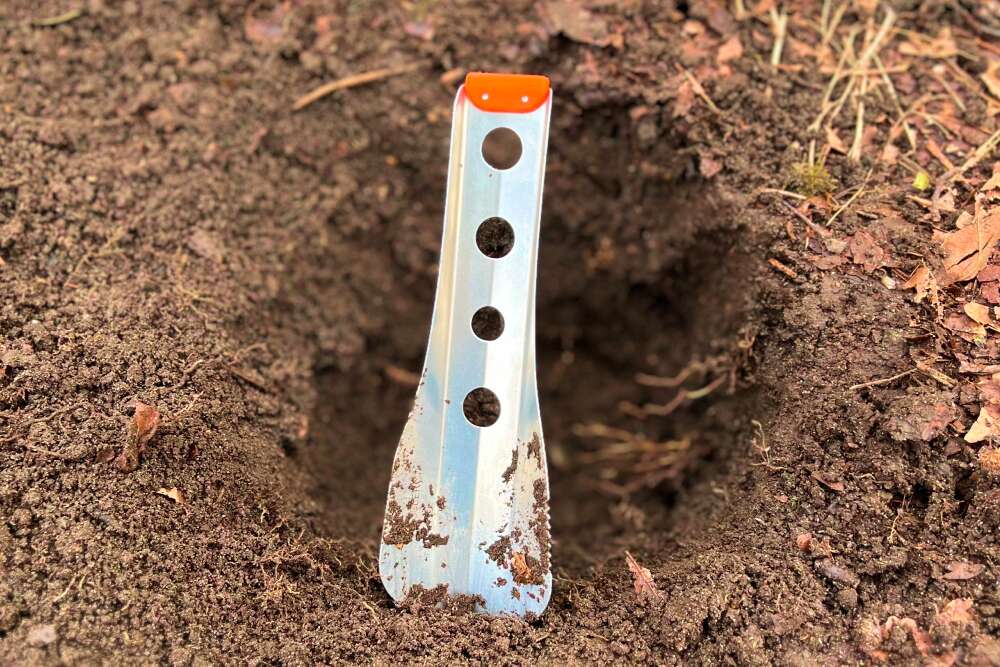
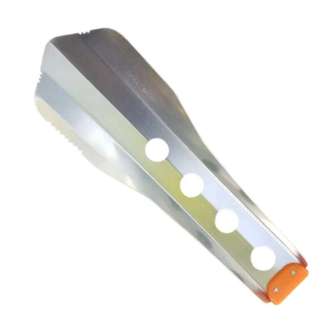
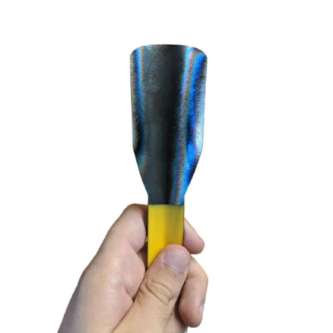
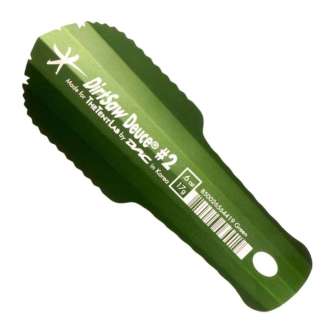
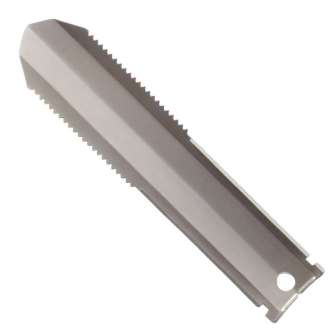
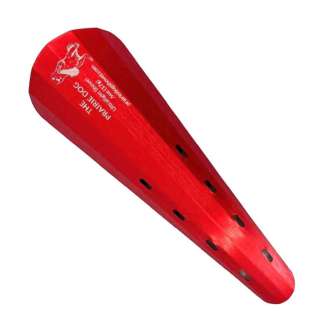
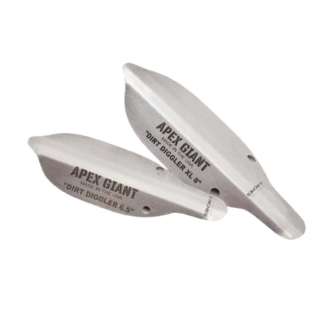
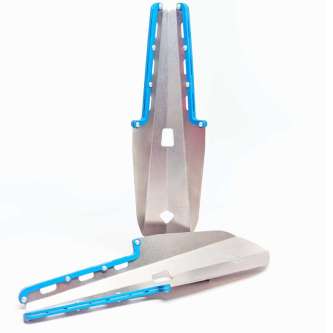
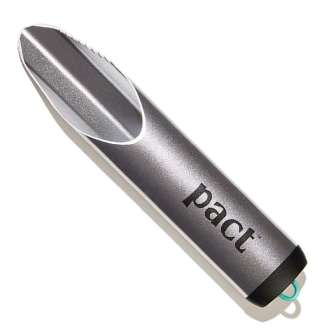
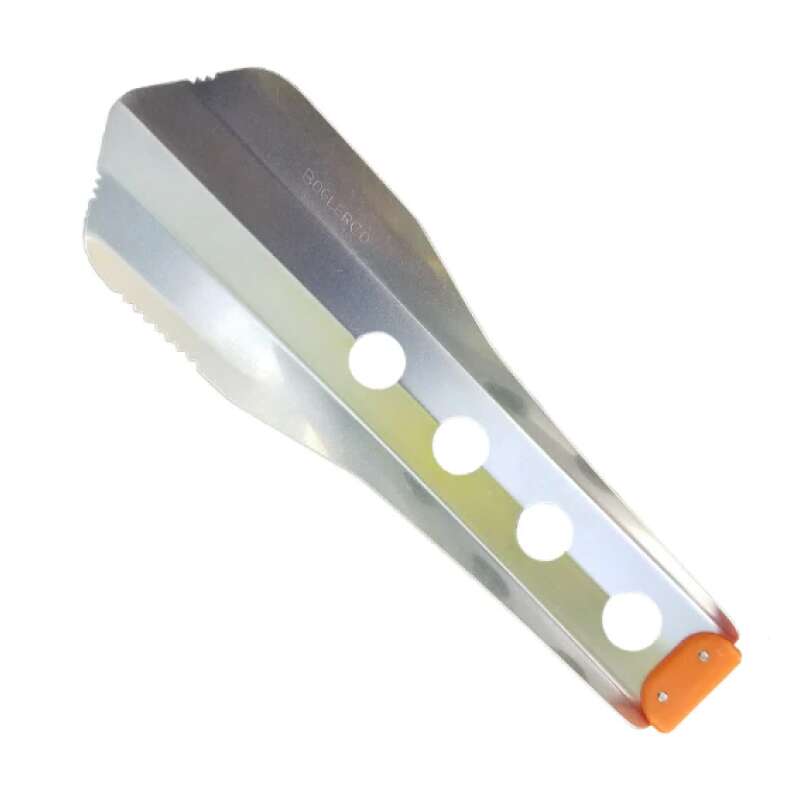
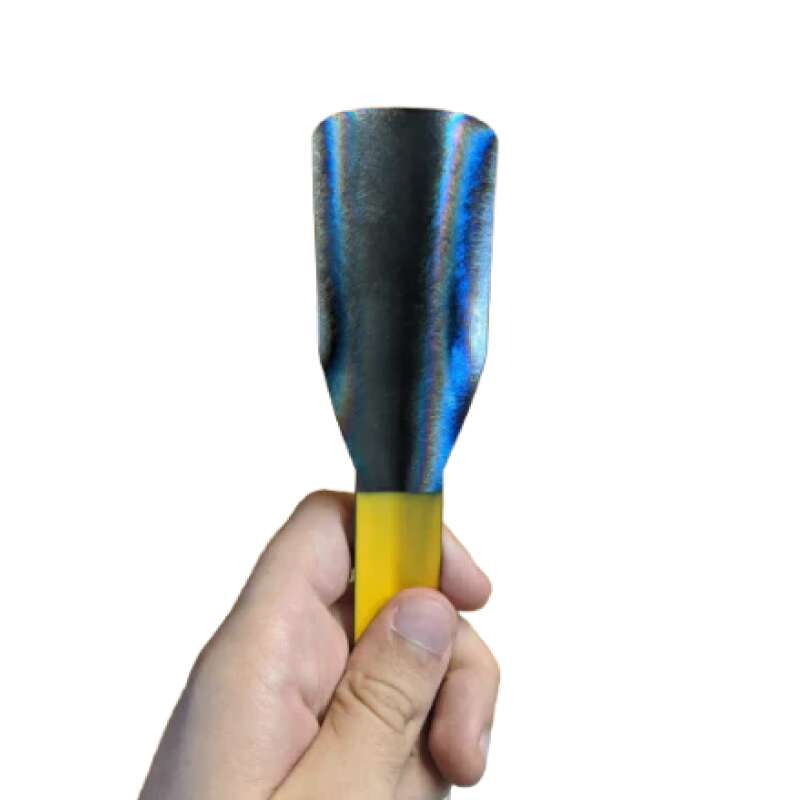
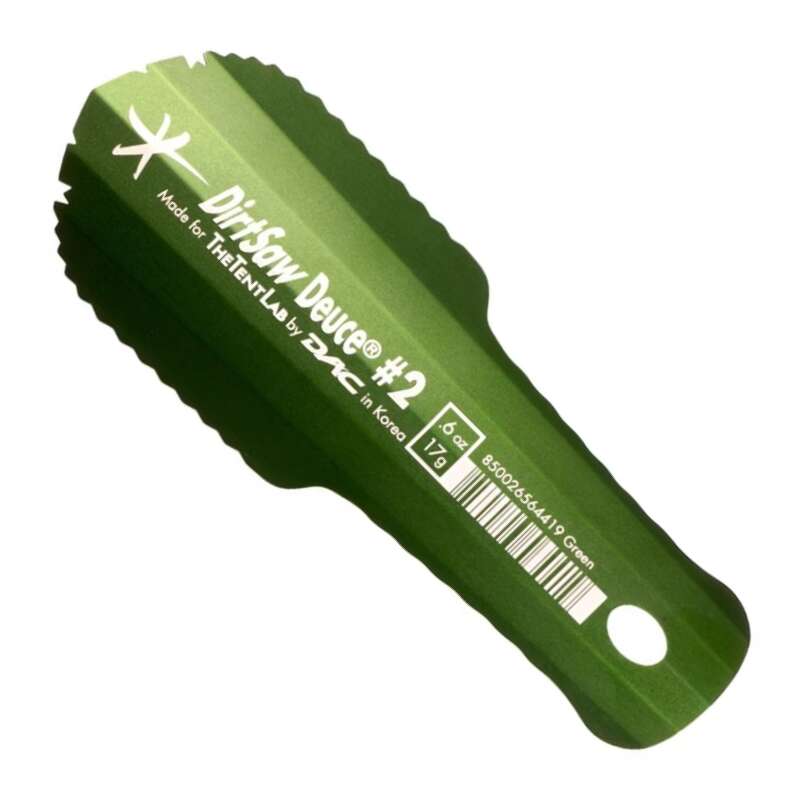
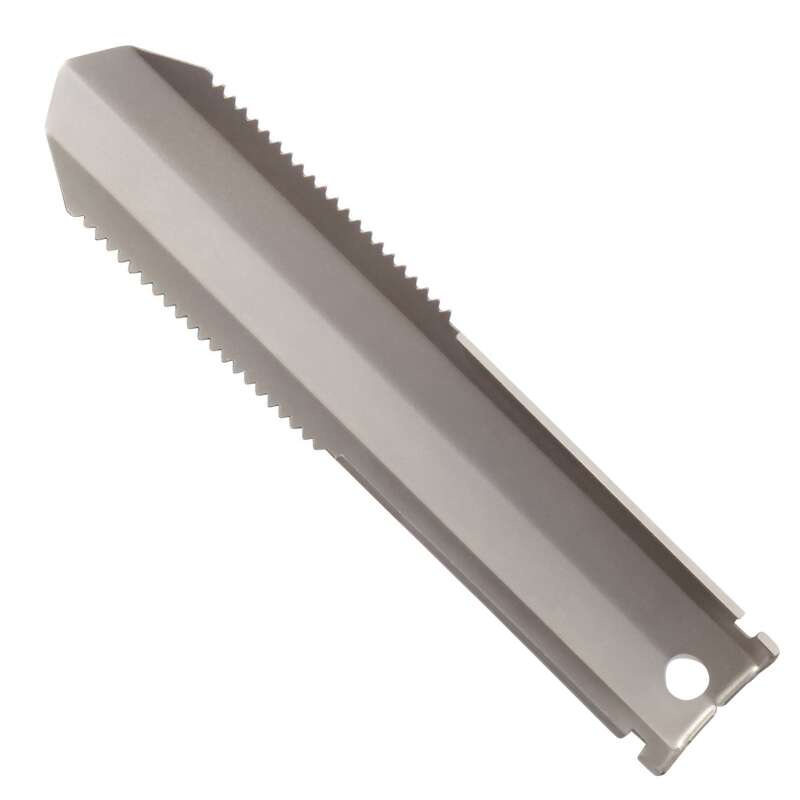
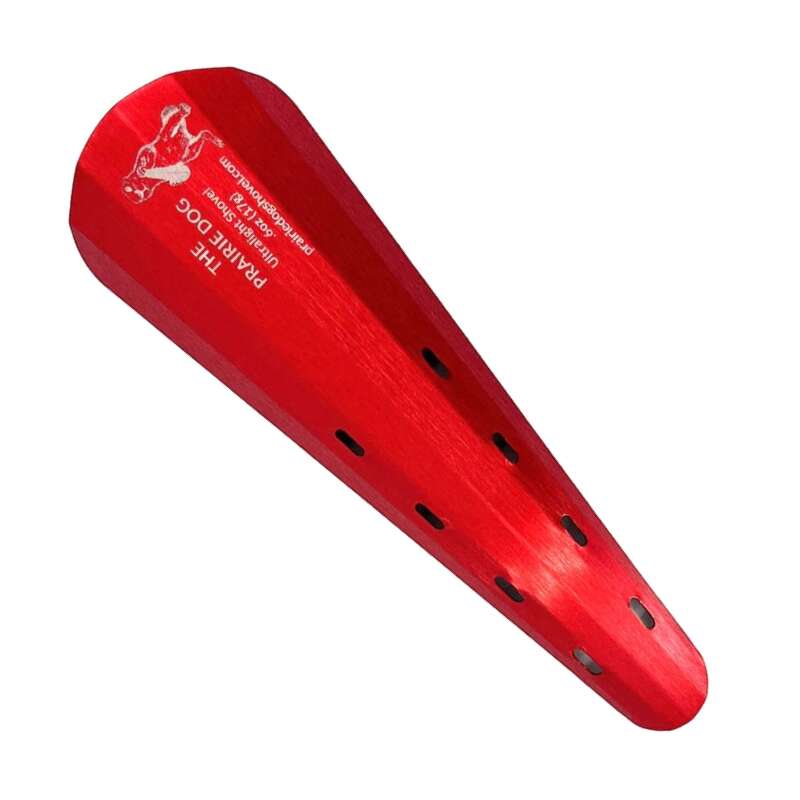
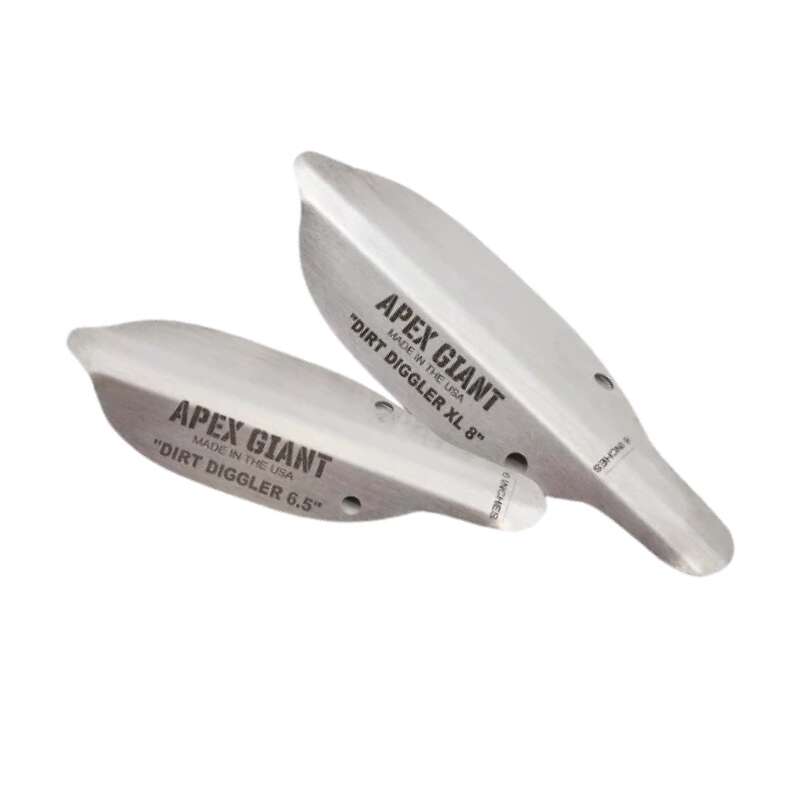
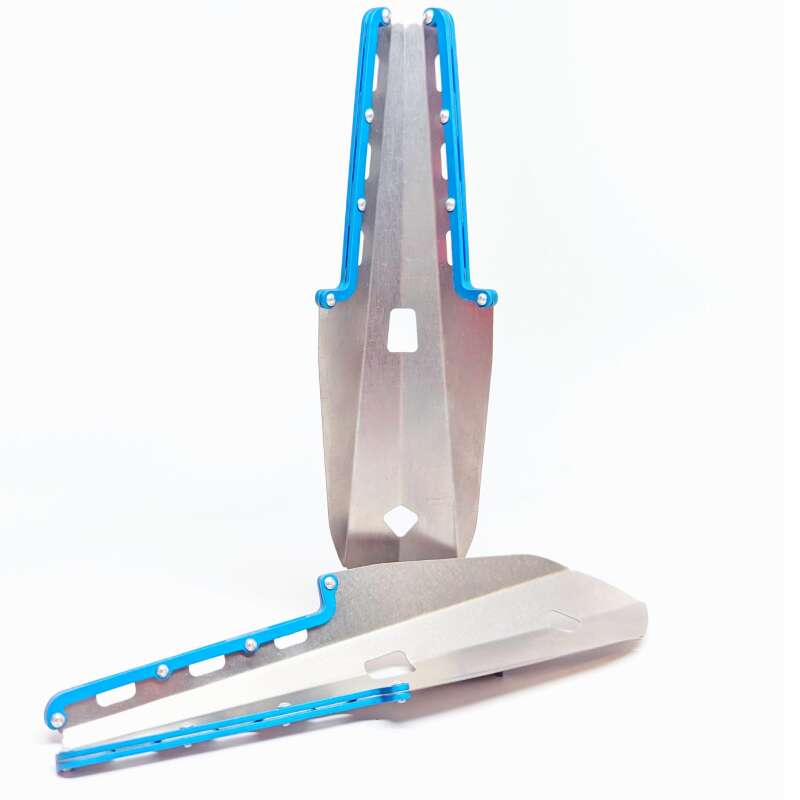
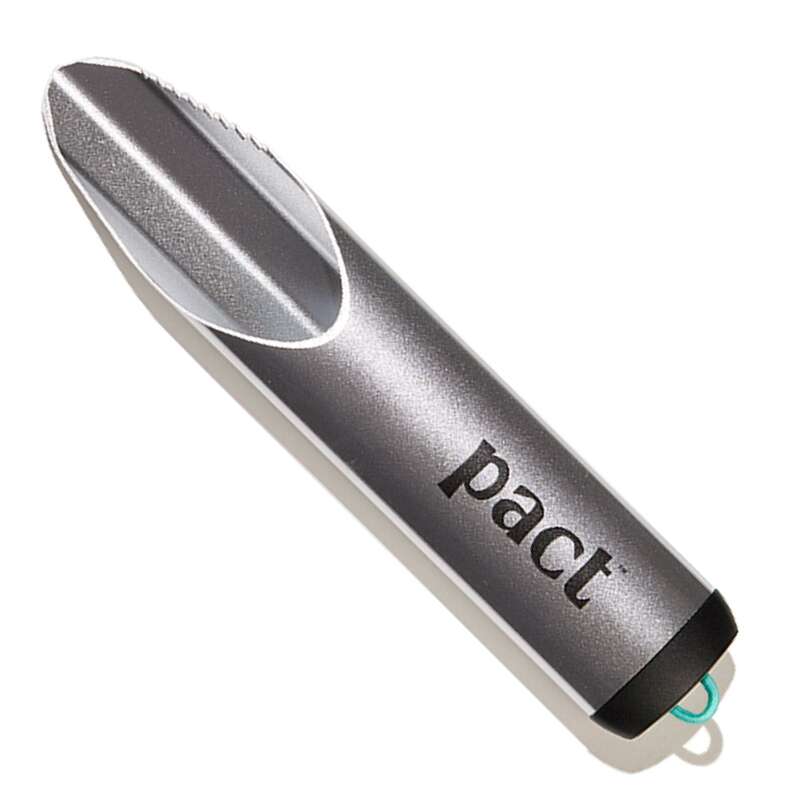
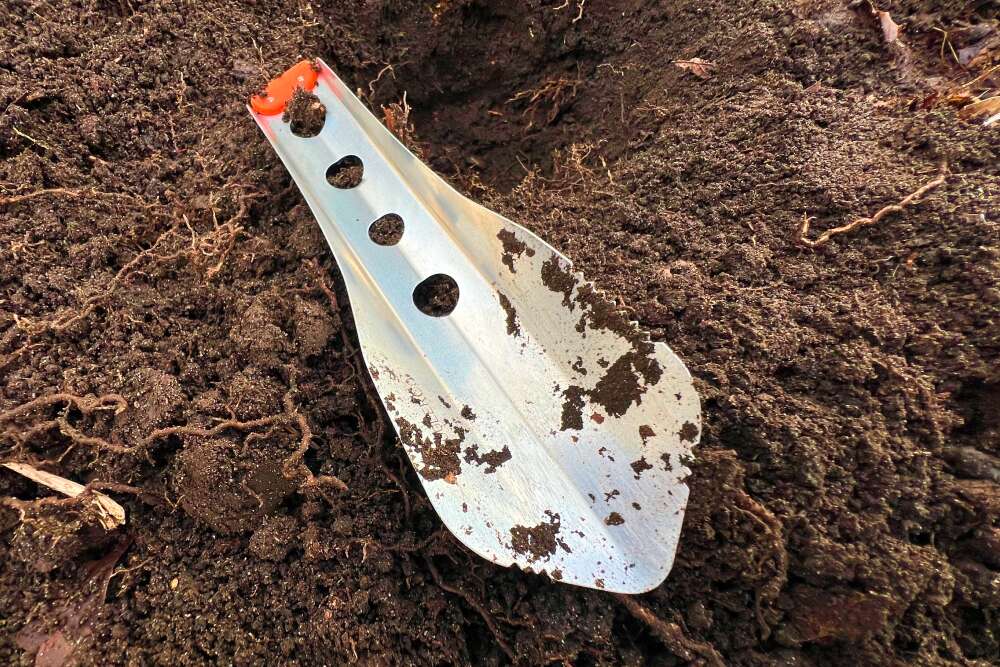
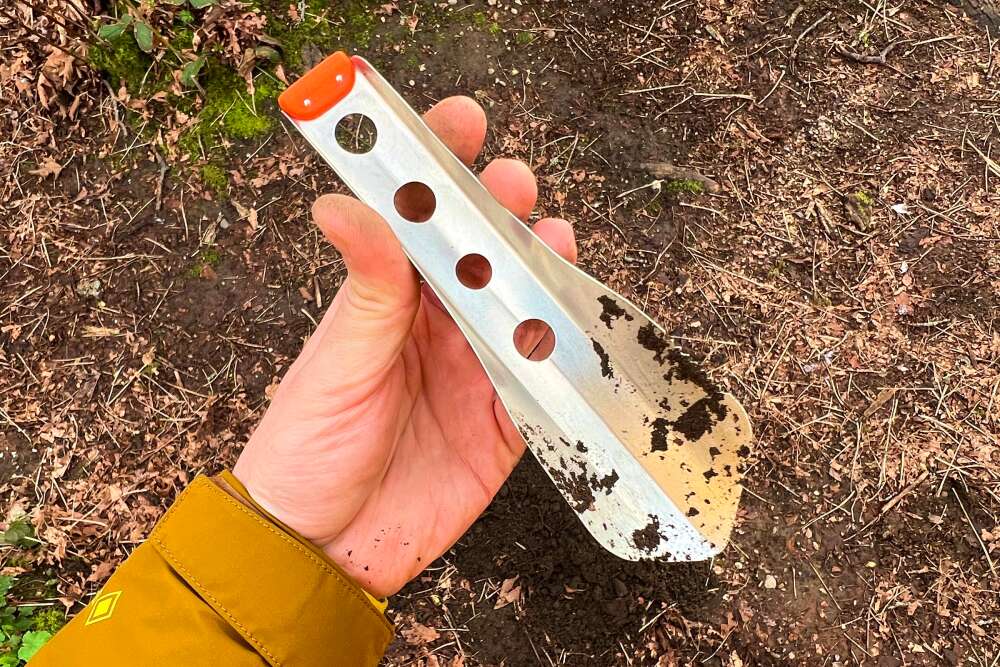


Leave a Reply
Want to join the discussion?Feel free to contribute!